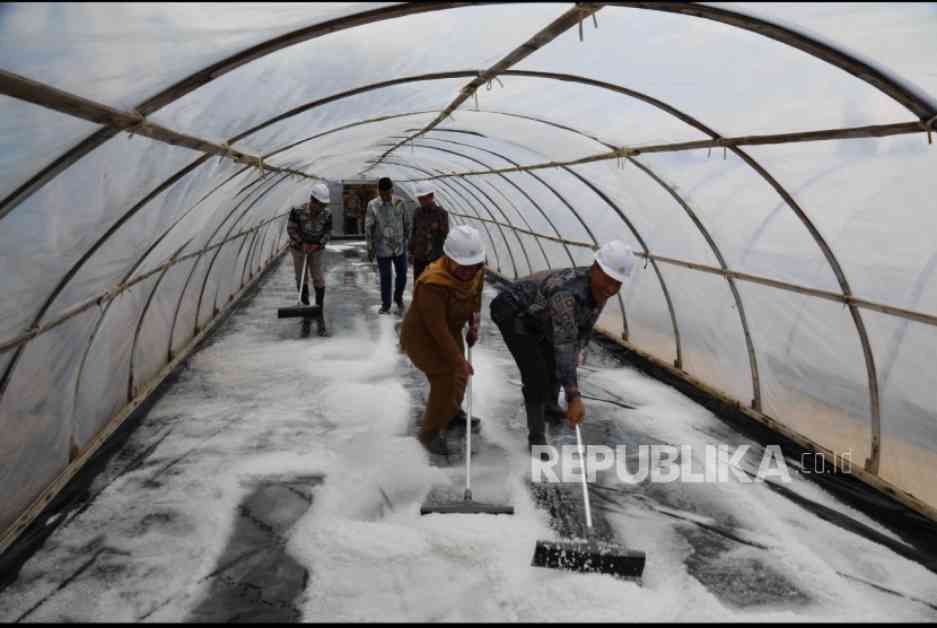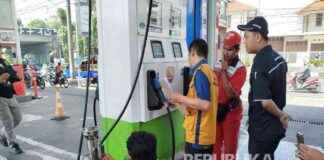Deputy Minister of Higher Education, Science, and Technology, Prof. Fauzan, recently emphasized the crucial role of collaboration in achieving innovative solutions and tangible benefits for society, highlighting it as a key indicator of a campus’s success. During his visit to the research project “Menuai Harapan” in the village of Lumbung, Pamekasan, Madura on Tuesday, May 25, 2025, he underscored the importance of universities collaborating to make a real impact on the community.
“It doesn’t matter how excellent a campus is, without collaboration, it won’t reach its full potential,” he stated. “The measure of success now lies in how much a campus can contribute to the well-being of the surrounding community,” he continued.
The Deputy Minister focused on the “Menuai Harapan” research project, a collaborative effort involving Trunojoyo Madura University (UTM) in partnership with Newcastle University, RMIT University, and the Ministry of Maritime Affairs and Fisheries (KKP), with the support of Knowledge Partnership (Koneksi). This project was initiated to address the challenges faced by salt farmers, such as climate change, price fluctuations, and limited access to technology.
The primary goal of the project is to unlock the economic potential in the coastal areas of East Java, particularly Madura, which has long been hindered by the various challenges faced by salt farmers. Production instability and lack of technological access are major obstacles. The “Menuai Harapan” project tackles these challenges with innovative solutions that combine seaweed cultivation and solar-powered salt production. The outcomes include high-value seaweed production, clean renewable energy, quality water, and improved salt production.
Not only Pamekasan stands to benefit from this innovation. Prof. Wahyudi Agustiono from UTM, the project’s lead researcher, emphasizes the significant global potential of this technology. Amidst challenges like climate change, water scarcity, and energy needs in coastal regions, the “Menuai Harapan” project offers a comprehensive approach. “We strive to ensure that every aspect of the project provides optimal benefits, not only for salt farmers but for the entire community,” he explained.
The “Menuai Harapan” project serves as a tangible example of how collaboration between Indonesia and Australia can address challenges while boosting local economic growth. By creating sustainable livelihoods and fostering innovation, this initiative underscores the importance of partnerships and the potential for adaptation in other regions and sectors of Indonesia. The visit of the Deputy Minister is expected to inspire researchers and communities to continue developing innovations that benefit the nation.
In conclusion, the collaboration between universities, government agencies, and international partners in the “Menuai Harapan” project demonstrates the power of working together to overcome challenges, drive economic growth, and create positive change for communities. This initiative not only addresses the specific needs of salt farmers in Madura but also offers a blueprint for sustainable development that can be replicated in other regions, showcasing the transformative impact of innovative solutions and strategic partnerships in advancing society.














